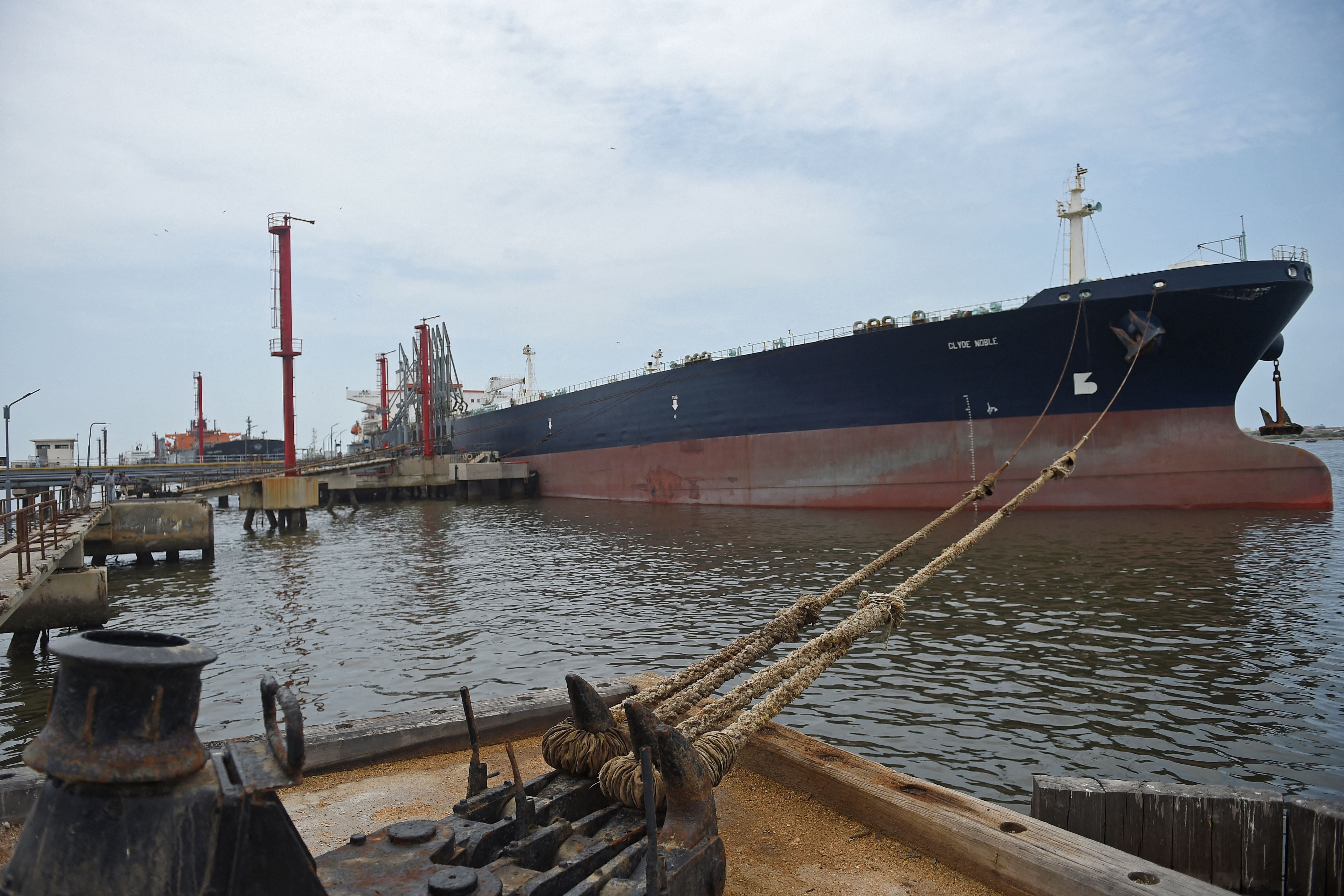Russian oil supplies continue to spike despite G7 price cap sanctions, data shows
Russia’s oil revenues likely to increase due to constant increases in crude prices, show estimates

Your support helps us to tell the story
From reproductive rights to climate change to Big Tech, The Independent is on the ground when the story is developing. Whether it's investigating the financials of Elon Musk's pro-Trump PAC or producing our latest documentary, 'The A Word', which shines a light on the American women fighting for reproductive rights, we know how important it is to parse out the facts from the messaging.
At such a critical moment in US history, we need reporters on the ground. Your donation allows us to keep sending journalists to speak to both sides of the story.
The Independent is trusted by Americans across the entire political spectrum. And unlike many other quality news outlets, we choose not to lock Americans out of our reporting and analysis with paywalls. We believe quality journalism should be available to everyone, paid for by those who can afford it.
Your support makes all the difference.Russian crude oil supply surged 50 per cent this spring despite sanctions imposed by the G7 countries in the backdrop of continuing war in Ukraine, data from commodities tracker and analytics company Kpler showed.
An analysis of shipping and insurance records from August showed almost three-quarters of all seaborne Russian crude flows travelled without any western insurance in August, reported the Financial Times.
The move was a lever enacted by the G7 nations, the European Union and Australia which imposed a $60-a-barrel price cap last December as the coalition looked to restrict Russia’s ability to finance its invasion of Ukraine.
The significant surge confirms Russia’s ability to dodge the cap imposed by Western nations and continue to sell more of its oil at prices competing with international market rates.
Russia’s oil revenues are, however, likely to go up due to constant increases in crude prices and a reduction in the discount on its own oil, estimates by the Kyiv School of Economics showed.
Russia cut its seaborne diesel and gasoil exports by nearly 30 per cent to about 1.7 million metric tons in the first 20 days of September from the same time in August.
Russia’s temporary ban on exports of gasoline and diesel to most countries, announced last week, was expected to further tighten supplies.
In April this year, Russian crude oil exports reached back above to levels seen before Vladimir Putin’s Ukraine invasion, despite the ratcheting up of Western sanctions.
India and China accounted for 90 per cent of Russia’s seaborne crude oil exports, according to figures by Kpler.
The Asian giants are each buying an average of 1.5 million barrels per day (bpd), absorbing the shortfall in exports to European nations that previously accounted for two-thirds of Russian crude.
But in August, India’s import of Russian oil dipped to a seven-month low after steady purchase during the course of the war, amid lower discounts for Moscow’s grades and planned maintenance outages at some plants.
Since Russia’s full scale war, India had steadily increased its purchases of discounted Russian oil. Indian imports of Russian oil hit a record high in October, with the country becoming India’s top oil supplier in terms of bpd.
Despite Western sanctions designed to stop funds reaching Mr Putin’s war chest following his Ukraine invasion, Russia’s crude oil exports have actually risen from 3.35 million bpd in 2022 to 3.5 million bpd in the first quarter of 2023, Kpler said.
After India and China, the two largest buyers of Russian crude are now Turkey and Bulgaria.





Join our commenting forum
Join thought-provoking conversations, follow other Independent readers and see their replies
Comments